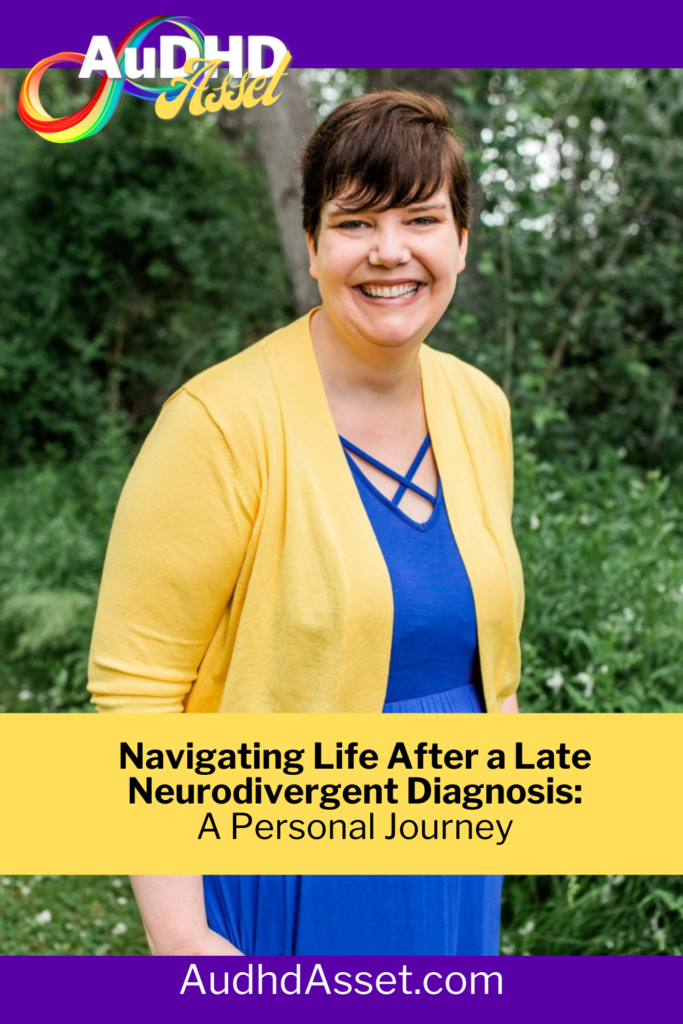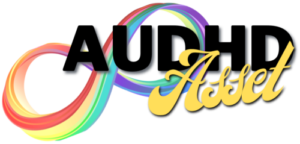To just about anyone that’s met me in person throughout my life I bet they can tell you how absolutely capable I am. I graduated high school with an okay GPA, I never had major academic issues in school. I went right from high school to college and after 6 years graduated with two Bachelor’s degrees. About 6 months after graduating I accepted my first full time job.
Now, I own a successful virtual assistant business, I homeschool my three neurodivergent kids, I’m active in the community and currently on the board of directors for a long standing community theater locally. I know a lot of people and a lot of people know me. All of this can be examples for how capable and “thriving” I am. But every step of the way I’ve had challenges that it seemed others never understood. 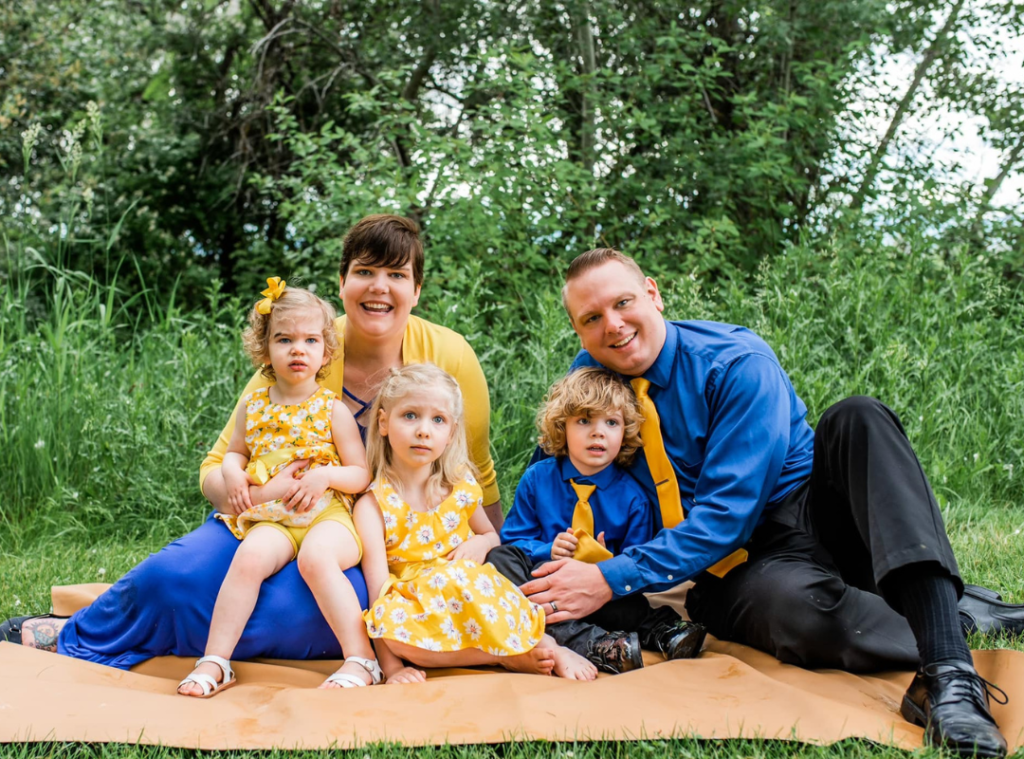
When I First Realized I Was Neurodivergent
I did not realize or consider the fact I am neurodivergent until it had been two years since my oldest child was diagnosed with Autism. When I started to research and consider Autistic traits in regards to myself we did know my middle child was autistic too, but he had not been diagnosed yet. It took about 18 months from the time I first thought “maybe I’m autistic” to evaluation for a formal diagnosis. Even during that 18 months and through the evaluation process I only thought I was autistic, I really didn’t believe I could be ADHD.
I’m not sure I could accurately explain to anyone else, who hasn’t been through it, the emotional rollercoaster of realizing there is a diagnosis for every challenge you’ve dealt with throughout your life. At 34 years old I realized I was autistic, it was likely all 3 of my children were autistic, and I knew now why my experiences made me feel different, even alien.
The Initial Impact
Why did it take 18 months for me to receive a formal diagnosis? It’s not unusual for long waitlists or doctor disbelief and refusal for referrals. I did not have that experience. I took about a year just to weigh the pros and cons of a formal diagnosis.
Getting a formal autism diagnosis as an adult can have both positive and negative aspects.
Pros:
- Understanding and validation: A formal diagnosis offered me validation for what I was thinking, feeling, and for the experiences I had throughout my life. Behaviors I have that were often belittled or judged. Challenges I have that were brushed off or thought of as excuses. There had been aspects of myself I had tried to change for years and never could. I knew why now and had a professional tell me I was right in suspecting I am autistic.
- Self-Acceptance: A diagnosis led to greater self-awareness and self-acceptance. It has allowed me to reframe past experiences and challenges in the context of my neurodivergence.
- Community Connection: Becoming part of a community and not just as a mom of autistic kids but as an autistic mom of autistic kids. There are definitely many that are still hard to relate to or many that find it hard to relate to me, but it gave me a joint connection with many who not only have autistic kids but are autistic themselves.
- Personal Growth: Understanding I’m autistic has lead to tremendous personal growth. I have been able to develop coping strategies that I would not always allow myself previously. Previous internalized ableism was easier to let go of. I’ve been able to improve my self-advocacy skills and find ways to enhance my overall well-being.
- Connection for My Kids: Not only will I learn about autism to help my kids and be that support for them. I can tell them I am like them and they are like me. By being able to say that and show them my own confidence now in who I am, lack of shame over my disability, and continually self-advocate for my challenges, they’ll see that and learn from it.
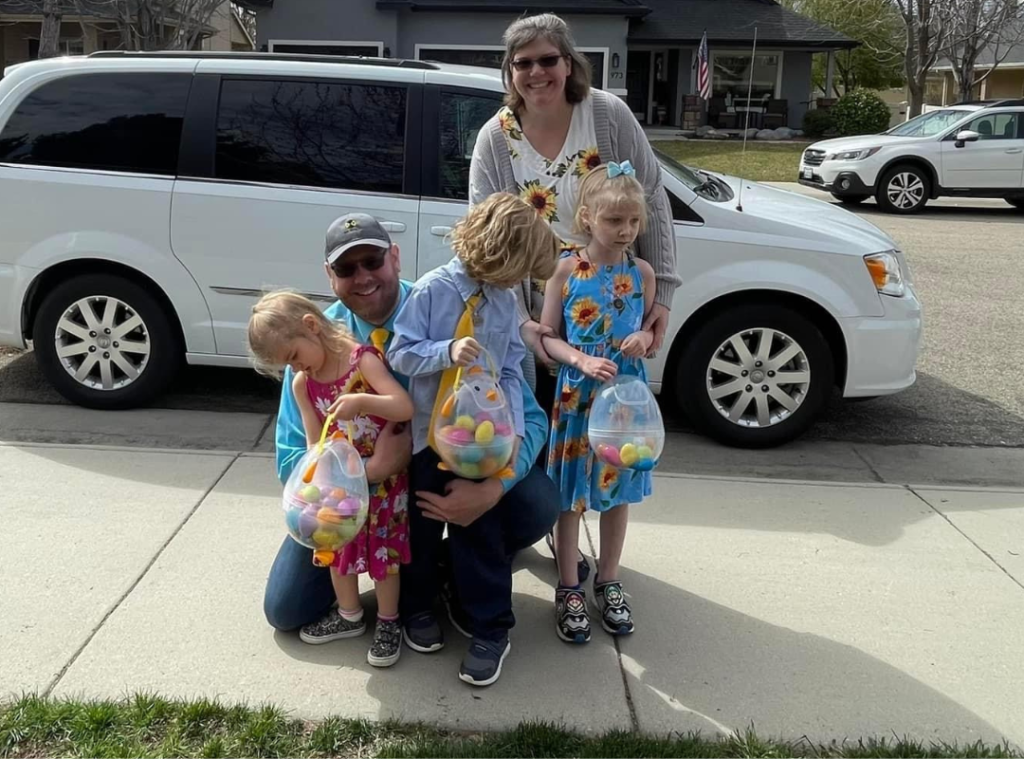 Cons:
Cons:
- Stigma and Misunderstanding: Despite increased awareness, there is still a degree of stigma and misunderstanding surrounding Autism. The sheer number of individuals with little direct connection to an autistic person that judges those late diagnosed. The fact that many think it’s some “fad” to self diagnose as autistic shows they do not seriously take others’ experiences as valid. Even with a formal diagnosis many think professionals are just over diagnosing.
- Professional Implications: There are definitely times I have to consider if I should disclose my diagnosis. Whether that be to a client, to a colleague, to another business owner I’m networking with. As I stated before I’m on the board of a community theater, my diagnosis may make others think I’m incapable despite previous evidence to the contrary.
- Cost and Accessibility: The process of obtaining a formal diagnosis may involve financial costs that far exceed what I could have covered. Many do not seek out a formal diagnosis because of the cost of doing so within the United States. Access to qualified professionals specializing in adult autism diagnosis may vary depending on location. I was lucky there was someone locally that did not have a long waitlist and would evaluate adults. Not everyone has the privilege.
- Societal Concerns: With a formal diagnosis there are several societal discrimination concerns. If I were to get a divorce could an Autism diagnosis
Exploring the Newfound Awareness and Self-Discovery
Discovering and embracing that I am autistic and adhd later in life was a profound and transformative experience. With late diagnosis I have had this sense of validation and understanding over life experiences and challenges. The process of reframing past experiences and relationships, now understanding my neurodivergence, has led to a greater self-acceptance and compassion.
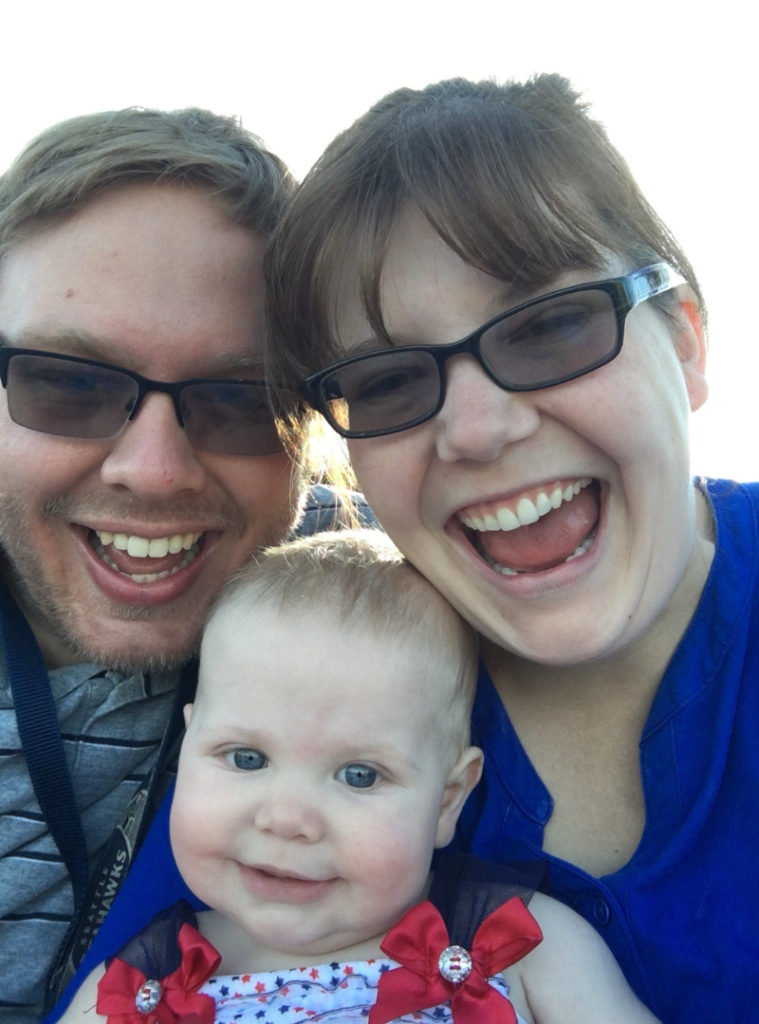 The lack of self-identity before my diagnosis was troublesome. After 34 years of learning that many of my traits were problematic to others and societal structure as a whole I’ve learned to hide and mask those traits. I’ve always been an extremely emotional individual, masking my emotions made it so I constantly put my feelings aside for others, I never was completely honest with others, and then in turn was never completely honest with myself. I lost who I was, what I wanted, and what I felt. With understanding my neurodivergence and formal diagnosis I’ve been able to drop the mask often, admittedly not always we all mask at times, but I can be truer to myself.
The lack of self-identity before my diagnosis was troublesome. After 34 years of learning that many of my traits were problematic to others and societal structure as a whole I’ve learned to hide and mask those traits. I’ve always been an extremely emotional individual, masking my emotions made it so I constantly put my feelings aside for others, I never was completely honest with others, and then in turn was never completely honest with myself. I lost who I was, what I wanted, and what I felt. With understanding my neurodivergence and formal diagnosis I’ve been able to drop the mask often, admittedly not always we all mask at times, but I can be truer to myself.
With awareness over certain sensory sensitivities, social challenges, and other aspects of how autistic traits have affected me, I’ve been able to allow myself to develop targeted coping strategies.
I’m sure with many a newfound awareness could improve social relationships with friends and family.
I have not found this necessarily true in my life. I have a very close family. I wouldn’t suggest it’s done any harm to those relationships but I have always had challenging friendships and I do not believe it has fostered any positive connections with friends I had at the time. A formal diagnosis has definitely helped me foster connection with new friends who have the connection of either being autistic or ADHD.
Navigating life after a late autism diagnosis is a unique and individual journey. By embracing this newfound awareness and self-compassion, seeking support when necessary, and celebrating the strengths that come with neurodivergence formal diagnosis has helped me lead a fulfilling and authentic life.
